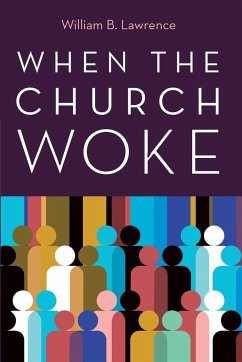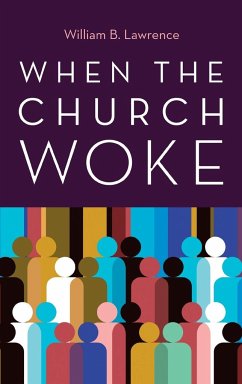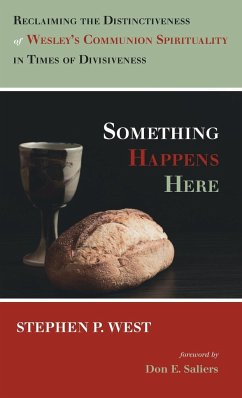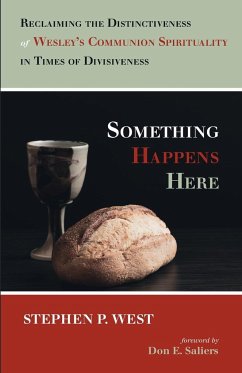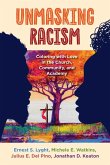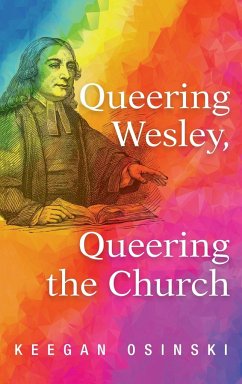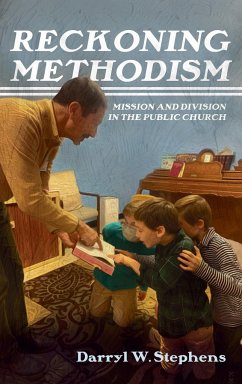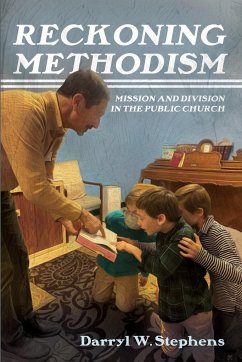The most divisive and damaging aspect of the church in America is the combination of racism and white supremacy that has been woven into the fabric of the church to the degree that one cannot discuss the church in America apart from this sin. Nowhere is this clearer than in American Methodism, including The United Methodist Church. That denomination, which has been divided for decades over issues regarding human sexuality and homosexuality, is a product of a long history of racism and white supremacy. While initiatives have been taken to address these matters, there has not been any effort to help the church focus on being anti-racist in its practices or public witness at every level, including local church levels. This is a book that identifies this sin and offers an innovative look at the mission of the church, based on biblical witnesses to new life with the resurrection. It offers proposals for reparations and renewal that will come when the church woke.
Hinweis: Dieser Artikel kann nur an eine deutsche Lieferadresse ausgeliefert werden.
Hinweis: Dieser Artikel kann nur an eine deutsche Lieferadresse ausgeliefert werden.

